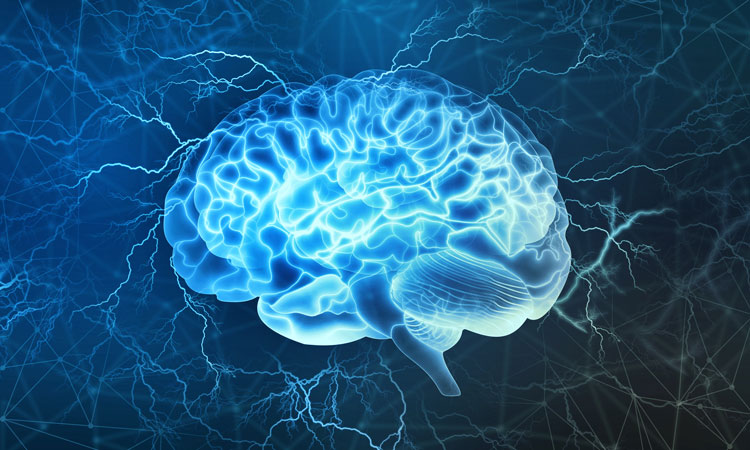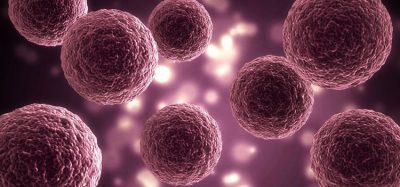Selectively increased Dnmt3a2 protein expression improves memory recall
Posted: 1 June 2020 | Hannah Balfour (Drug Target Review) | No comments yet
Researchers found increasing levels of Dnmt3a2 in neurons activated at the time of making a memory, improved its recall in mice.


Neuroscientists demonstrated that selectively increasing a protein called de novo DNA methyltransferase 3a2 (Dnmt3a2) in neurons can improve memory. Dnmt3a2 is an epigenetic factor which chemically modifies the DNA sequence of the genome to control the expression of genes.
By increasing the levels of Dnmt3a2, the researchers from the Interdisciplinary Center for Neurosciences at Heidelberg University, US, were able to modulate the reactivation of neurons required to recall a memory.
The current suggestion, according to the researchers, is that each memory stored in the brain is encoded by neurons that are active when new information is acquired. “This representation is like a puzzle made up of many parts, in this case a pattern of nerve cells that encode the information,” explained Dr Ana Oliveira, leader of the research team at Heidelberg University. “To recall a memory, a sufficient amount of the relevant neurons in the brain must be reactivated to put the pieces of the puzzle back together and recreate the whole.”
In previous studies Dr Olivera and team demonstrated that the Dnmt3a2 protein can restore aging-related cognitive dysfunctions and facilitate the “erasure” of traumatic memories in mice. In their new study, published in Nature Communications, the team demonstrated that memory recall in mice was improved when Dnmt3a2 in the neurons encoding that memory was increased.
Dr Oliveira’s team trained laboratory mice in a Pavlovian conditioning task and labelled the nerve cells in the hippocampus that were activated during the learning process. The scientists then increased the levels of the Dnmt3a2 protein specifically in those cells.
“Just a slight increase was enough to improve the memory performance in the mice, because the ‘correct’ neurons, ie, those needed for memory recall, were better reactivated,” explained Dr Oliveira. “It was fascinating to see that we could precisely modulate this reactivation.”
The team hope their studies allow further research into selectively influencing the nerve cells relevant for memory performance.
Related topics
Disease Research, Epigenetics, Neurons, Neurosciences, Protein, Protein Expression, Proteomics, Research & Development
Related organisations
Heidelberg University
Related people
Dr Ana Oliveira








